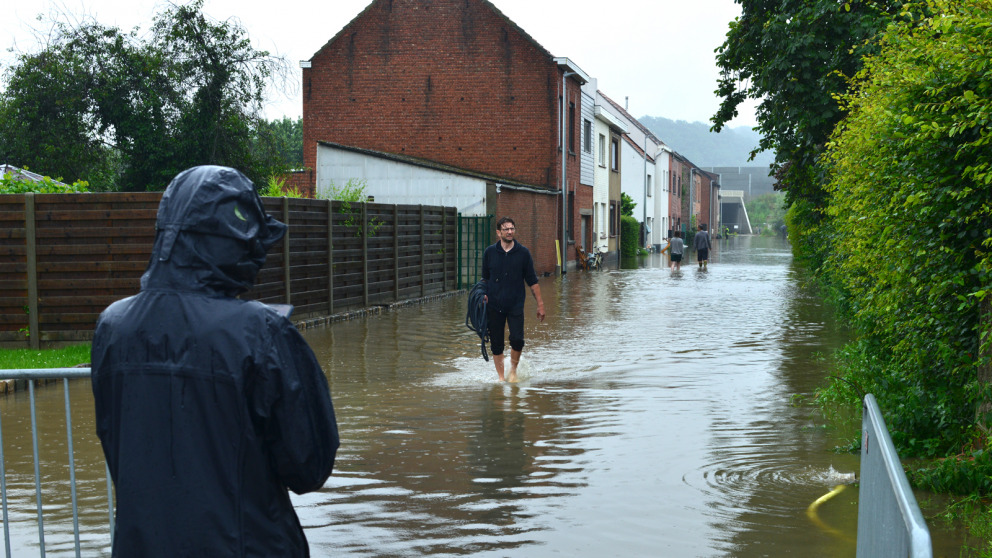Systemic Risk: Theoretical Foundations and Case Studies
30.10.2022
Systemic risks such as climate change, cybercrime, pandemics and social inequality are complex and interconnected. Accordingly, managing such risks requires effective organisational structures and processes. A new special issue of the journal Risk Analysis presents theoretically robust, evidence-based approaches for assessing and managing risk. The special issue is edited by IASS Director Ortwin Renn and Research Group Head Pia-Johanna Schweizer.

Systemic risks have the potential to trigger far-reaching changes in a given system, and may induce runaway effects. To be sure, enormous consequences may result from a failure to adequately recognise the determinant features of complex global systems – or to manage attendant problems. In many cases, there is an abundance of existing empirical research on systemic risks such as climate change. However, there is still a lack of knowledge concerning how to implement this knowledge in decision-making processes and associated policy formation. In this way, effective governance strategies to address systemic risks are sorely needed.
Theoretical foundations and case studies
The special edition is divided into two parts. The first part is devoted to the characteristics of systemic risk, including their conceptual definition and practical application. It also includes an interdisciplinary contribution to our theoretical understanding of systemic risk that incorporates perspectives from physics, engineering, biology, human ecology and the social sciences.
The second part presents various case studies, considering diverse topics such as financial markets and socioeconomic inequality. Another article discusses geoengineering from the perspective of the sociology of science. As the risks posed by geoengineering are difficult to assess and remain highly controversial in relevant academic circles, the systemic nature of the risk predominantly stems from the discourse surrounding climate engineering, rather than its actual implementation, the authors argue.
The primary insight offered by this special issue is that systemic risks share key characteristics, and that these characteristics can guide processes related to risk assessment, characterisation and governance. The authors hope this special issue will promote discourse on systemic risk, encouraging a more comprehensive and detailed engagement with the topic.
Contents
- Systemic Risks from Different Perspectives: Ortwin Renn, Manfred Laubichler, Klaus Lucas, Wolfgang Kröger, Jochen Schanze, Roland W. Scholz, Pia-Johanna Schweizer
- Systemic Risk: The threat to societal diversity and coherence: Ortwin Renn, Klaus Lucas
- Theory of Systemic Risks: Insights from Physics and Chemistry: Klaus Lucas
- A Proposal for Integrating Theories of Complexity for Better Understanding Global Systemic Risks: Armin Haas, Manfred Laubichler, Joffa Applegate, Gesine Steudle, Carlo C. Jaeger
- Volatility as a Transmitter of Systemic Risk: Is there a Structural Risk in Finance? Harald A. Mieg
- A precautionary assessment of systemic projections and promises from sunlight reflection and carbon removal modelling: Sean Low, Matthias Honegger
Risk Analysis, Volume 42, Issue 9, Pages: 1893-2124, September 2022
Contact

Dr. Pia-Johanna Schweizer
